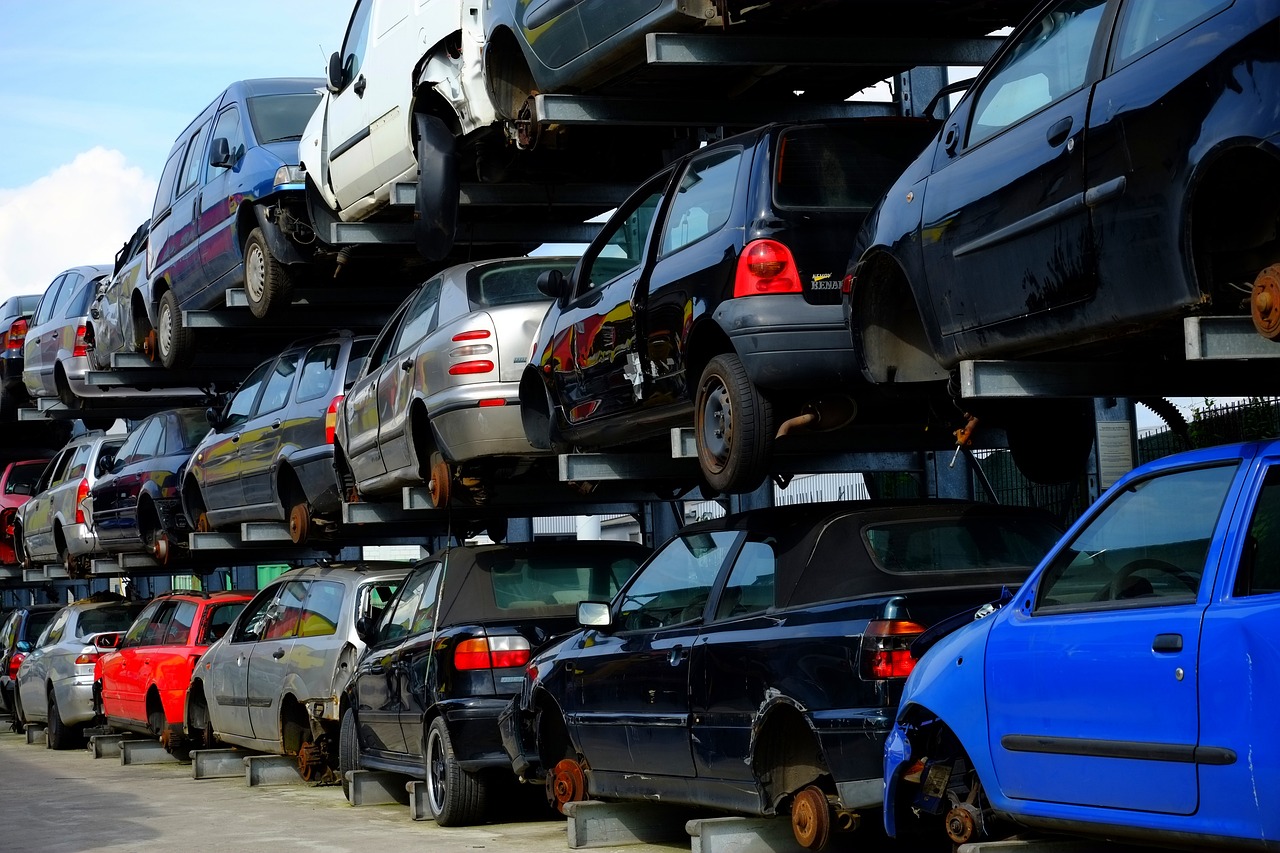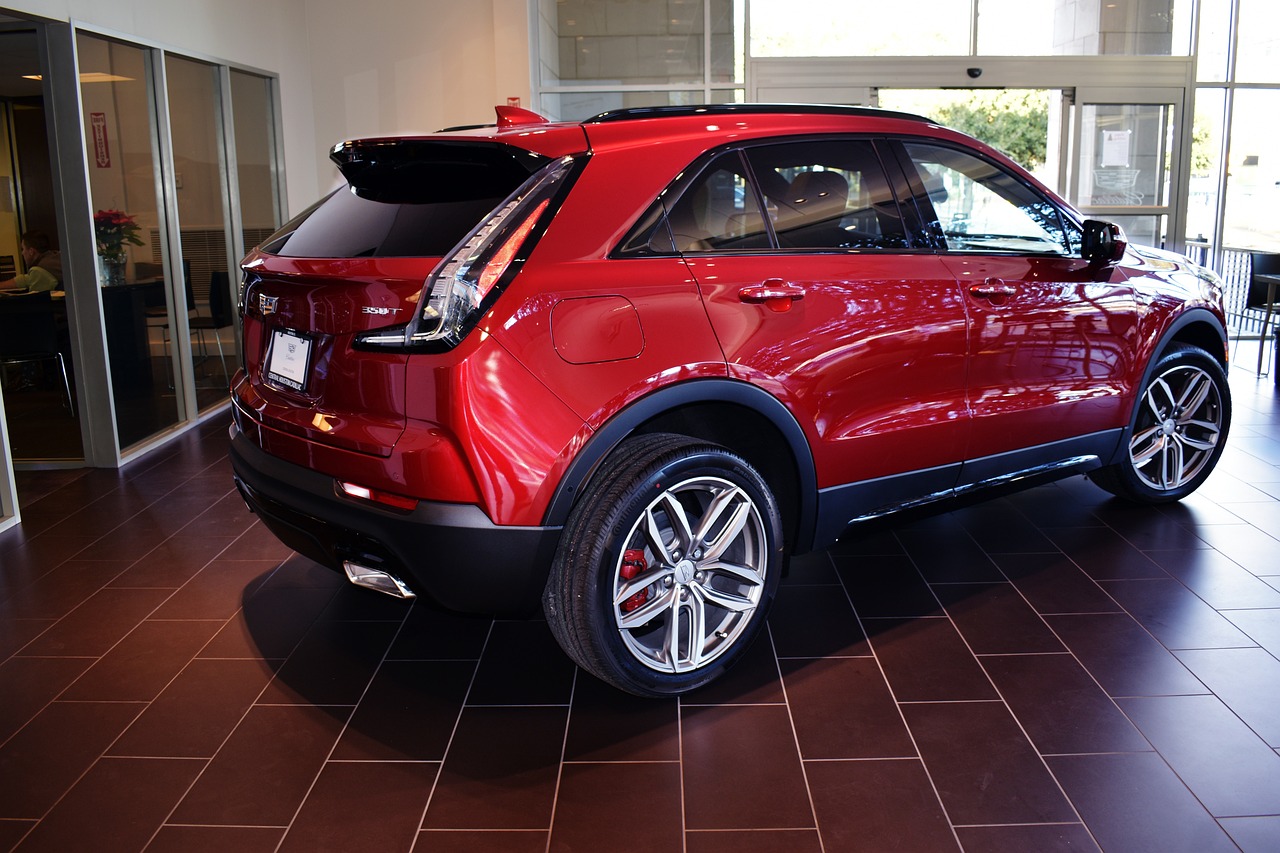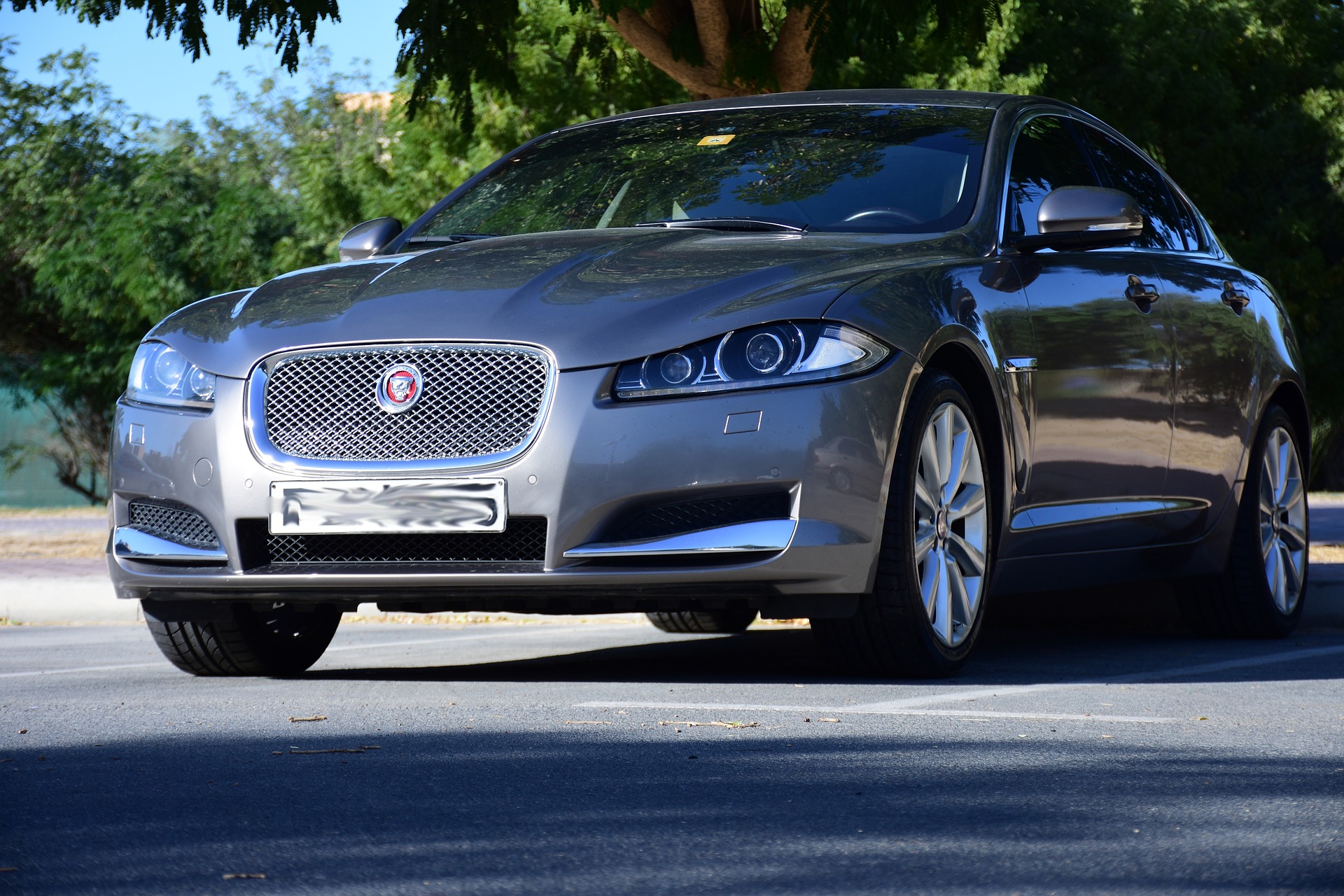Driving Tips: Maximize Fuel Savings & Maintain Vehicle Efficiency
With the ever-rising cost of gasoline, drivers are constantly on the lookout for ways to save money and increase their vehicle’s fuel efficiency. Moreover, maintaining a car’s overall performance and longevity is essential for getting the most out of your investment. In this comprehensive article, we will explore various driving tips and maintenance strategies to help you save money on gas and keep your car running efficiently. By adopting these habits, you can contribute to a cleaner environment, minimize your carbon footprint, and enjoy long-term savings.
Driving Habits that Save Money on Gas
Aggressive acceleration and braking can consume a significant amount of fuel, leading to increased gas costs. To save money on gas, practice accelerating gently and maintaining a steady speed. When you’re driving, try to maintain a constant speed as much as possible, avoiding rapid acceleration and hard braking. This will not only save fuel but also reduce wear and tear on your vehicle, saving you money in the long run.
Use Cruise Control Wisely
Cruise control can be an excellent tool for maintaining a consistent speed and saving fuel, especially on long stretches of highway. However, be cautious when using cruise control on hilly terrain, as it can cause your vehicle to accelerate unnecessarily uphill and consume more fuel. Instead, manage your speed manually in these situations to maximize fuel efficiency.
Avoid Excessive Idling
Idling consumes fuel without getting you anywhere, so it’s best to minimize idling whenever possible. If you’re waiting in your car for more than a minute, consider turning off the engine. Additionally, avoid using remote starters in the winter, as they can lead to excessive idling and fuel consumption.
Plan Your Trips and Combine Errands
Instead of making multiple trips throughout the day, try to plan your errands strategically to minimize driving time and distance. Combining errands into one trip allows your engine to reach its optimal operating temperature, which can result in better fuel efficiency. Additionally, avoid peak traffic times and congested areas to minimize stop-and-go driving, which can consume more fuel.
Reduce Speed on Highways
While it may be tempting to drive at high speeds on the highway, doing so can significantly decrease your fuel efficiency. To save money on gas, consider reducing your speed to the posted limit or slightly below. According to the U.S. Department of Energy, fuel efficiency typically decreases rapidly at speeds above 50 mph.
Vehicle Maintenance for Better Fuel Efficiency
Underinflated tires can create more resistance on the road, forcing your engine to work harder and consume more fuel. Check your tire pressure regularly and maintain it at the recommended level, which can be found in your vehicle’s owner’s manual or on a sticker located on the driver’s side door jamb. Properly inflated tires can improve your gas mileage by up to 3%, according to the U.S. Department of Energy.
Perform Regular Oil Changes
Regular oil changes are crucial for maintaining your engine’s performance and fuel efficiency. Old, dirty oil can cause increased friction in your engine, leading to higher fuel consumption. Check your vehicle’s owner’s manual for the recommended oil change interval and be sure to use the correct grade of motor oil, as using the wrong type can decrease fuel efficiency.
Replace Air Filters
A dirty air filter can restrict airflow to your engine, reducing its efficiency and causing it to consume more fuel. Replacing a clogged air filter can improve gas mileage by up to 10%, according to the U.S. Department of Energy. Check your vehicle’s owner’s manual for the recommended replacement interval and make sure to use the correct type of air filter for your car.
Maintain Your Cooling System
A well-maintained cooling system helps your engine operate at the proper temperature, which can contribute to better fuel efficiency. Regularly check your coolant levels and keep an eye out for leaks. Additionally, follow your vehicle’s maintenance schedule for coolant flushes and replacements to keep your engine running at its optimal temperature.
Keep Your Fuel System Clean
A clean fuel system allows for better combustion and fuel efficiency. Over time, deposits can build up in your fuel injectors, leading to decreased performance and increased fuel consumption. Periodically using a fuel injector cleaner can help remove these deposits and improve your vehicle’s fuel efficiency. Check your owner’s manual or consult with a trusted mechanic for the best fuel system maintenance practices for your specific vehicle.
Additional Tips for Saving Money on Gas
Gas price comparison apps like GasBuddy and Waze can help you find the cheapest gas prices in your area, allowing you to save money on every fill-up. These apps are easy to use and can help you identify nearby gas stations with the best prices, saving you time and money.
Choose the Right Fuel Grade
Using the appropriate fuel grade for your vehicle is essential for maintaining its performance and fuel efficiency. Check your owner’s manual for the recommended fuel grade, as using a higher octane fuel than necessary can be a waste of money. On the other hand, using a lower octane fuel than recommended can cause engine knocking and reduce fuel efficiency.
Limit Air Conditioner Use
Running your vehicle’s air conditioning can increase fuel consumption, so consider limiting its use when possible. On hot days, try opening your windows or using your vehicle’s vent system to circulate air. If you must use your air conditioner, use the recirculate setting, which can help reduce the amount of work your air conditioner has to do.
Remove Excess Weight
Carrying unnecessary weight in your vehicle can cause your engine to work harder and consume more fuel. Remove any unneeded items from your trunk or cargo area, especially heavy objects, to help improve your gas mileage. According to the U.S. Department of Energy, an extra 100 pounds in your vehicle can reduce your fuel efficiency by up to 2%.
Consider a More Fuel-Efficient Vehicle
If you’re in the market for a new vehicle, consider purchasing one with better fuel efficiency. Hybrid and electric vehicles can offer significant fuel savings over traditional gasoline-powered vehicles. Additionally, smaller, lighter vehicles tend to have better gas mileage than larger, heavier ones. Research the fuel efficiency ratings of different makes and models to find a vehicle that best meets your needs and budget.
Conclusion
By adopting these driving tips and maintenance practices, you can save money on gas and keep your car running efficiently. Not only will these strategies help you maximize your vehicle’s performance and lifespan, but they will also contribute to a cleaner environment and reduced carbon emissions. Start implementing these tips today and enjoy the long-term benefits of a more fuel-efficient, well-maintained vehicle.












